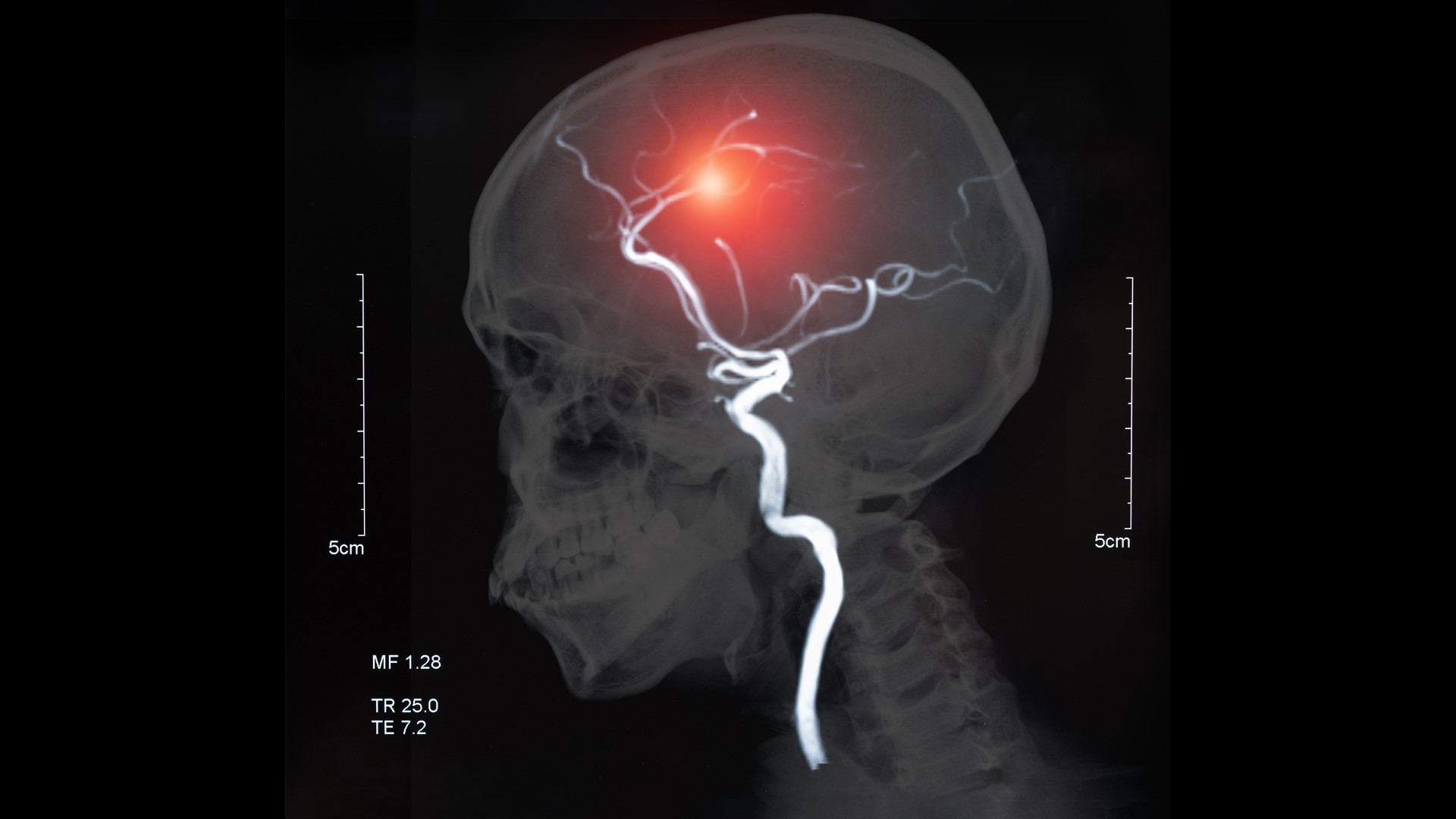DANVILLE, Pa. — Pennsylvania Lieutenant Governor John Fetterman announced he recently had a stroke.
Fetterman, the Pennsylvania Democratic Senate nominee, expects to make a full recovery. His stroke was caused by a blood clot blocking a major artery in the brain.
"Almost 50,000 hospitalizations every year due to a stroke in Pennsylvania. The majority of these are from the blockage of the vessel. Roughly around 80% of these," said Dr. Clemens Schirmer, a Geisinger neurosurgeon.
Fetterman's condition is known as Atrial Fibrillation or A-fib for short.
Around three million Americans share this same diagnosis.
"The blood flow through the heart chambers is not nice and smooth, it is turbulent. When there is turbulence, blood clots can form," said Dr. Faiz Subzposh, a Geisinger Electrophysiologist.
Doctors Newswatch 16 spoke with demonstrated warning signs for A-fib and strokes.
"Sometimes, it is very obvious. The patient is out of breath while sitting in a chair, or their heartbeat is fast without exerting themselves," added Dr. Subzposh.
"Asymmetry of the face or your motor function, if you can't move one side of your arms or legs, that is a problem. If you have a speech or language trouble where you cannot get your speech out or understand speech, those are the big ones," added Dr. Schirmer.
Fetterman is now using a pacemaker. People dealing with A-fib should talk with their healthcare provider about the device.
"These are cardiac devices that are wires that go from the shoulder down into the heart, and they help stimulate the heart and keep heartbeats regular. It can also help heartbeats that are slow," added Dr. Subzposh.
Doctors recommend daily exercise and a balanced diet to help prevent blood clots that lead to strokes or, worse, death.
Watch Healthwatch 16 stories on YouTube.

